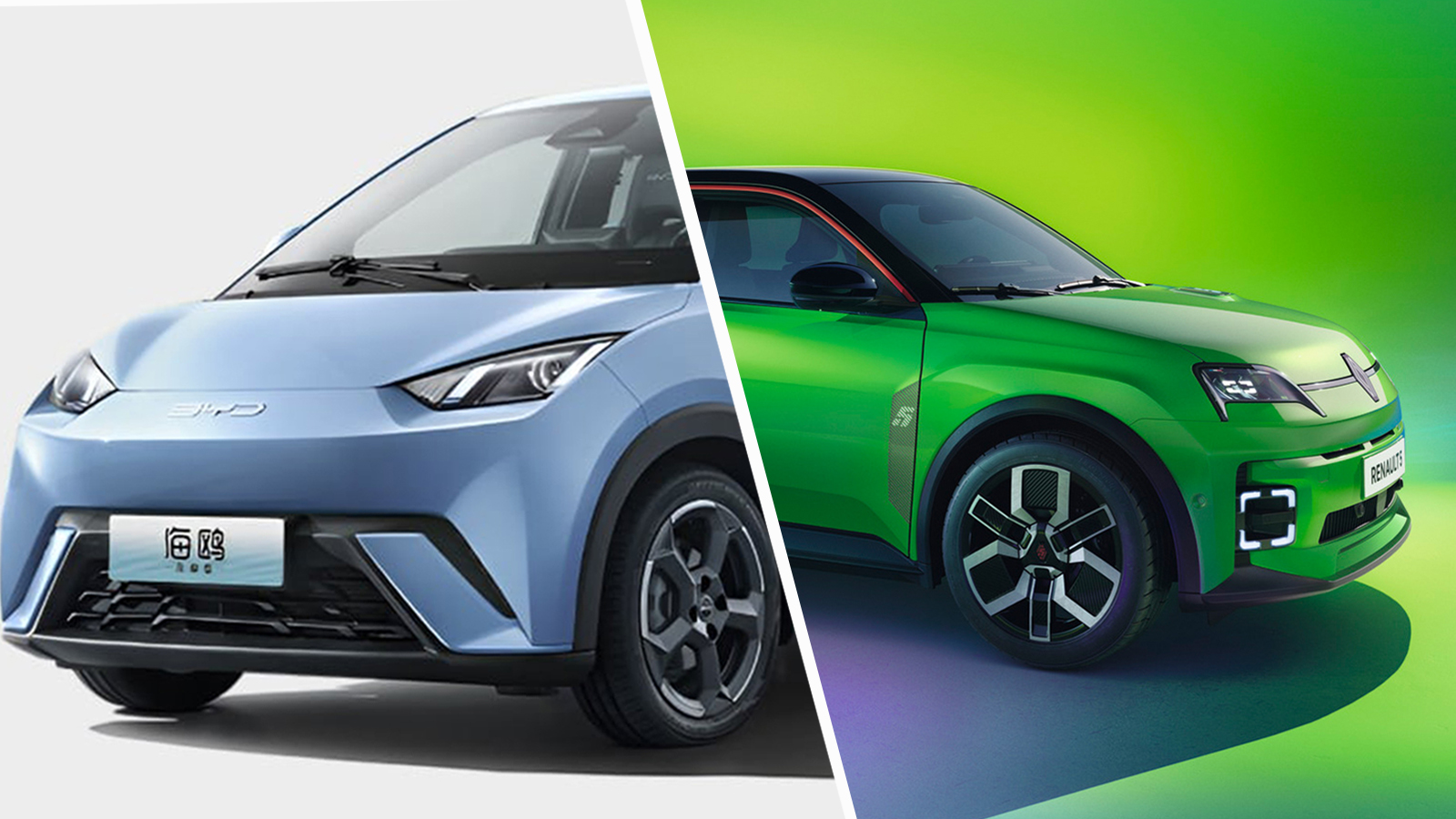
According to a recent report by the Financial Times, a quarter of electric vehicles sold in the EU this year will be made in China. In addition to this, BYD, the largest EV maker in China, exported 19 per cent of its output overseas in February, its highest ratio ever.
Despite the likes of the UK, the Biden administration in the US and the French government all stating that they will attempt to block Chinese EVs from tax subsidies, or go so far as to impose a hike on import tariffs, the impending march of cheaper electric and hybrid vehicles from China shows no sign of abating.
Aside from appealing to governments and lawmakers to step in, some of the world's most recognized automakers have also kick-started their own reactionary measures in order to remain competitive. Be it partnering with their fiercest rivals or creating start-up style divisions to work out a way to produce more affordable, mass market electric vehicles, the likes of Ford, Nissan, Honda and more are fighting back.
Here's how some of today's car giants are planning to remain competitive in this new age of electrification.
Nissan and Honda
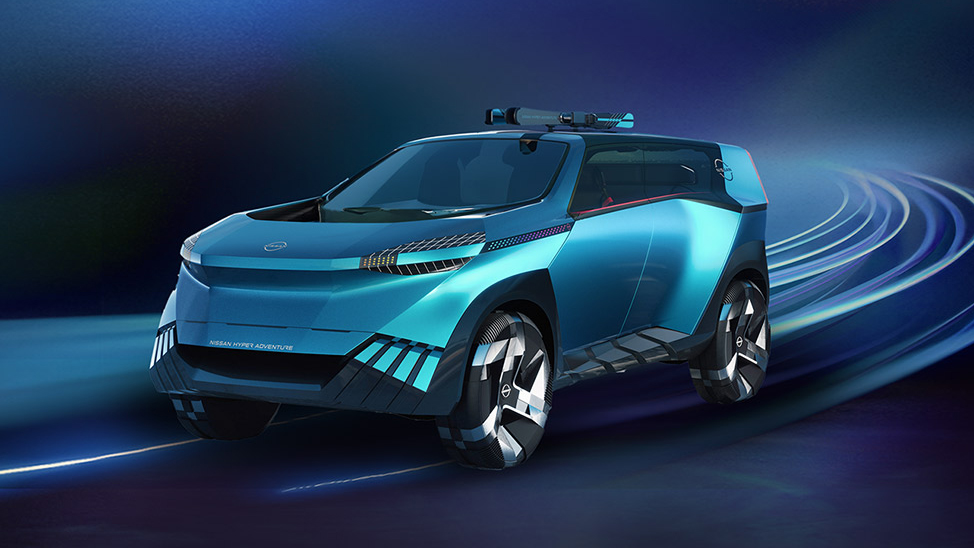
The two Japanese legacy automakers have been fierce rivals for decades now, battling over sales in both its domestic market and across the globe. But they have also been relatively slow in the adoption and innovation of fully electric vehicles, especially compared to their Chinese counterparts.
With brands like BYD aggressively pushing into the Japanese market, Nissan and Honda have put their existing rivalry behind them to sign a memorandum of understanding that will see the giants partner up on codeveloping EV technology, including software and components.
The Nissan chief executive, Makoto Uchida, said at the announcement: "Emerging players are very aggressive and are making inroads at incredible speed. We cannot win the competition as long as we stick to conventional wisdom and a traditional approach."
Despite Nissan proving quick off the mark with its mass-market Leaf, the product is now aging and only the Ariya, which is expensive compared to combustion engine Nissan models, has been launched in most Western markets as a viable all-electric alternative.
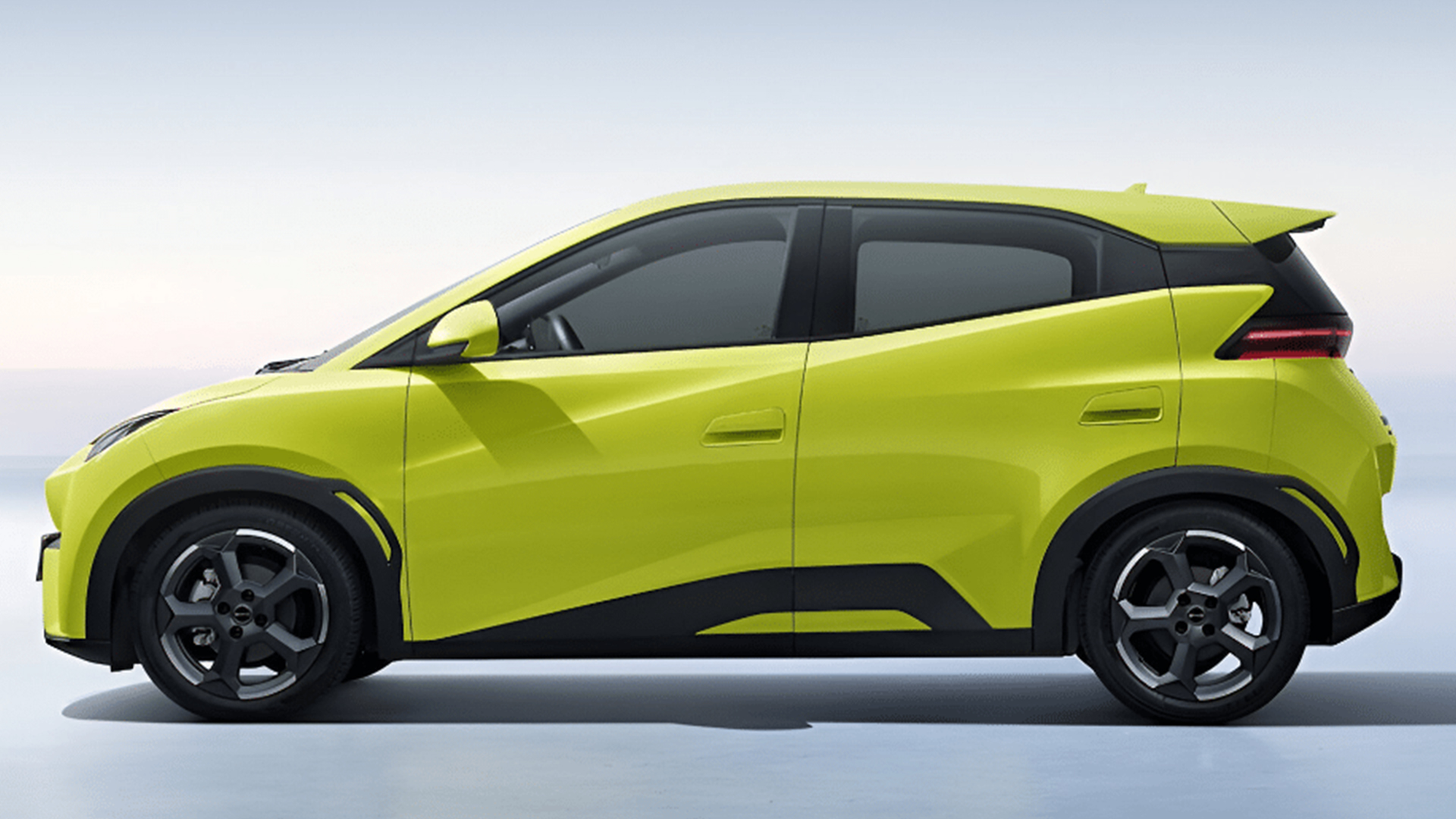
What's more, the Japanese automakers, like so many others, are finding it difficult to produce smaller electric vehicles at the sort of price that BYD can. Its Seagull Honor Edition, for example, costs 69,800 yuan in China, which is around $9,700 / £7,600 / AU$14,700. Even with potential trade tariffs, it will be difficult to beat the diminutive EV on price when it goes on sale elsewhere.
In Japan, the BYD Dolphin hatchback is already on sale, costing as little as 3.6 million yen (about £18,900 / $24,000 / AU$38,000), cheaper than Nissan’s Leaf and Honda’s e:Ny1 SUV.
The major Japanese players, including Toyota, have pushed hybrids, rather than focussing solely on improving battery technology and driving down the cost of its manufacture, like BYD, Nio and Li Auto (three of China’s biggest automakers) have done over the past decade.
The partnership between Nissan and Honda is a pooling of resources to combat the "once-in-a-century transformation in the automotive industry" that Toshihiro Mibe, Honda’s president, feels his company is currently in thick of.
Following the announcement, Nissan president Makoto Uchida vowed to cut the cost of EVs by a third, claiming that his company would launch 16 new EVs by 2026 through its Arc business plan to bolster its position in the global sales charts.
A major refresh of its hybrid and pure EV offerings sold in China would also bring the fight directly to its newest rivals.
Ford forms a covert team
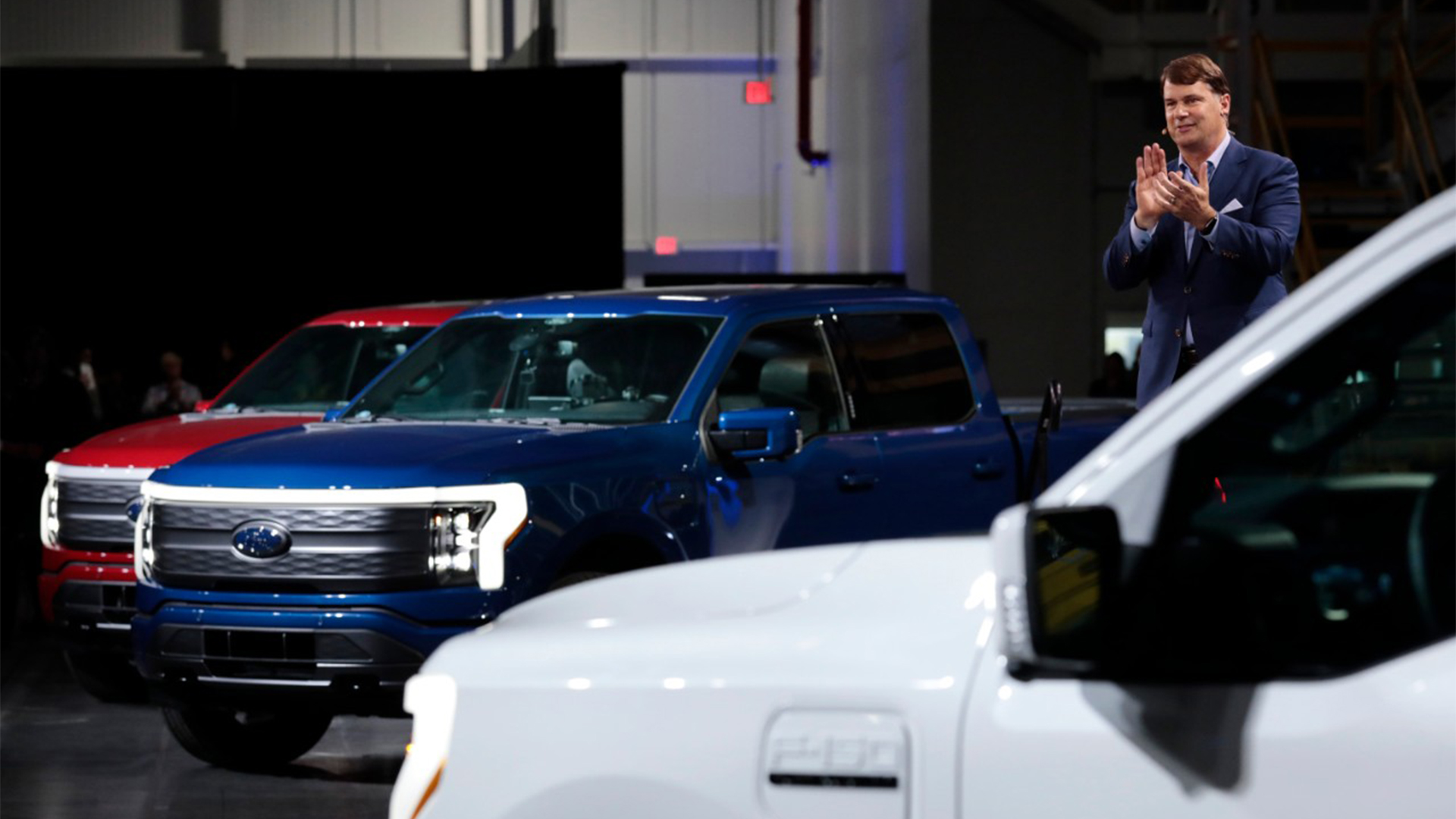
Ford CEO, Jim Farley, revealed earlier this year that his company formed a “skunkworks” team of engineers and software designers, headed up by ex-Tesla employee Alan Clarke, to work on ways to produce a low-cost (sub-€25,000 / $26,838 / AU$41,000), high quality EV that could compete in the mass market.
According to Farley, the team has been busy at work for at least two years now, harnessing the know-how of Auto Motive Power (AMP), an energy management startup Ford acquired in 2023, to produce a flexible and all-encompassing platform that could underpin an entire range of competitive but affordable EVs.
Like most other legacy automakers, Ford has spent decades honing both the engineering and supply chain of the internal combustion engine, refining the formula to create the most cost effective production lines going.
However, the same focus hasn’t been placed on the electric vehicle, which relies on battery suppliers and a vast array of components, many of which are made in China and the Far East. The Chinese government, on the other hand, funded research into battery electric vehicles as early as 2001.
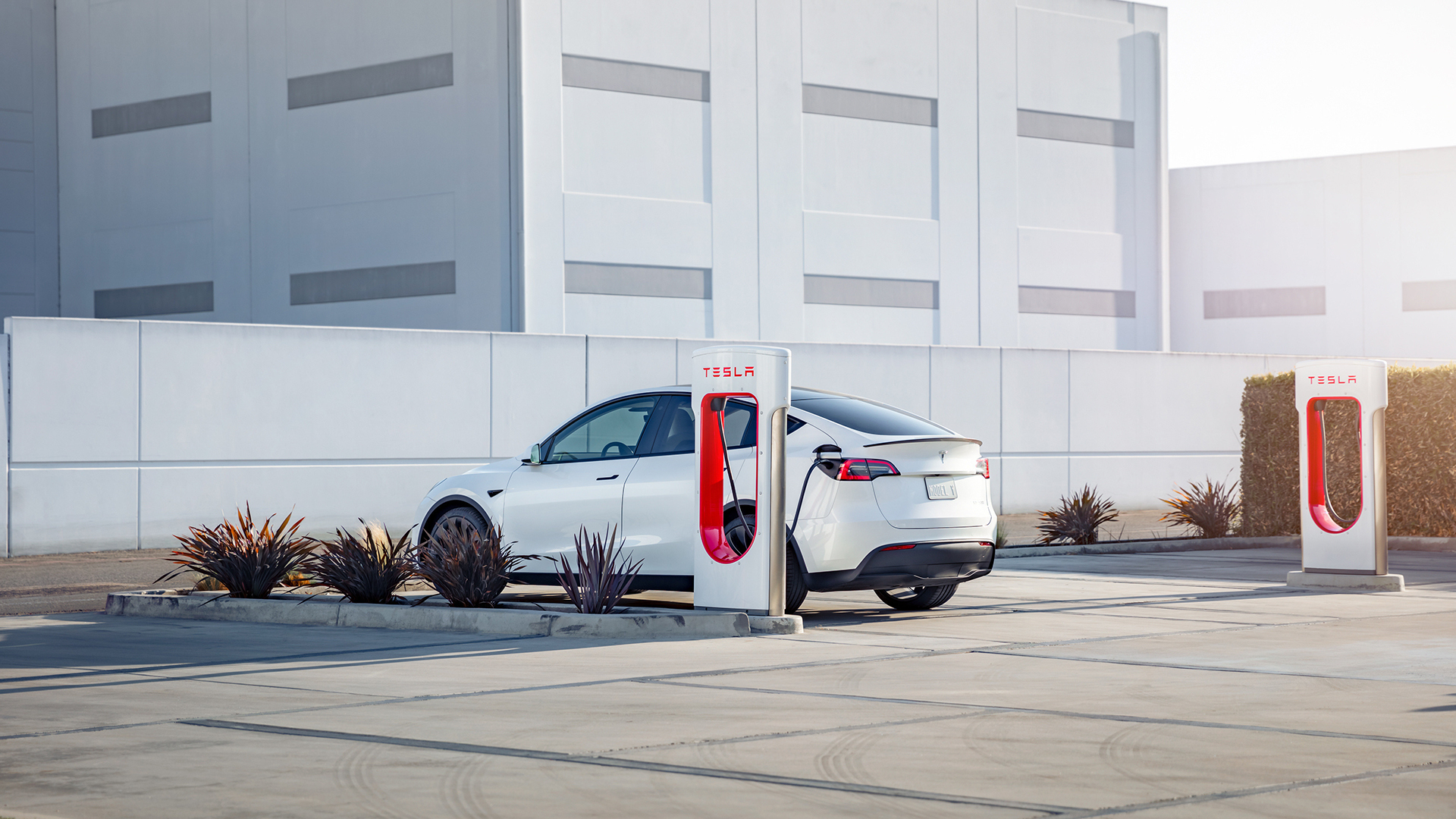
Through continual government funding, numerous financial incentives and the reports of cheaper labor, China has significantly improved the quality of its electric products and components at an astonishing rate.
What’s more, thanks to a lack of Android Auto and Apple CarPlay in China, those automakers have also pushed forward on the software front, producing infotainment systems that run as slickly as the world’s most popular smartphones, which is not something Ford – nor its Western counterparts – can claim.
Farley’s recent 'skunkworks team' announcement comes as the American company faces fierce competition from both the Chinese market and Tesla closer to home, which has also revealed it is working on a Model 2 that could be half the price of the current cheapest Model 3.
That said, the fruits of Ford’s covert operation likely won’t be seen until 2026 at the very earliest, which could well be too little, too late.
Renault calls for a European alliance
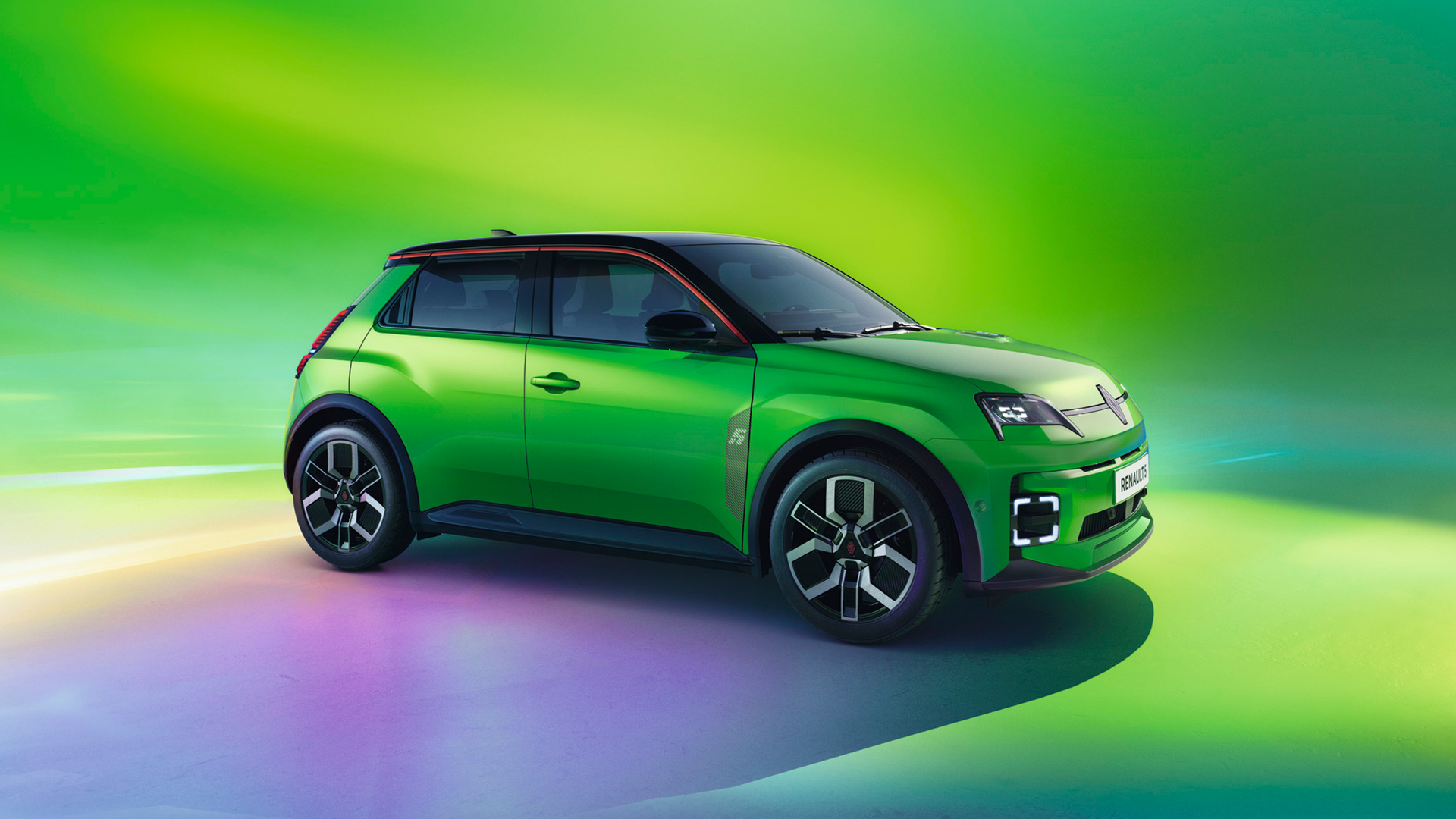
Luca de Meo, Renault’s charismatic CEO and president of the Association of European Automobile Manufacturers sent an open letter to Europe’s policymakers in March, calling for increased partnerships and greater cooperation among the major European carmakers to fend off the threat from China.
"I believe that we can achieve our aims through joint efforts and partnerships between the public and private sectors," de Meo wrote, moving away from the trend of imposing stricter tariffs on Chinese imports and instead shifting the focus on "consolidating forces" like China has done over the past few decades.
The Renault CEO wants Europe's leaders to subsidize and invest in homegrown EV technology, as well as creating major projects that investigate and improve smart charging and critical material supply.
"It is in Europe's advantage to learn from Chinese manufacturers, who are a generation ahead in terms of the performance and costs of electric vehicles”.
"Relations with China will need to be managed," he added. "Completely closing the door to them would be the worst possible response."
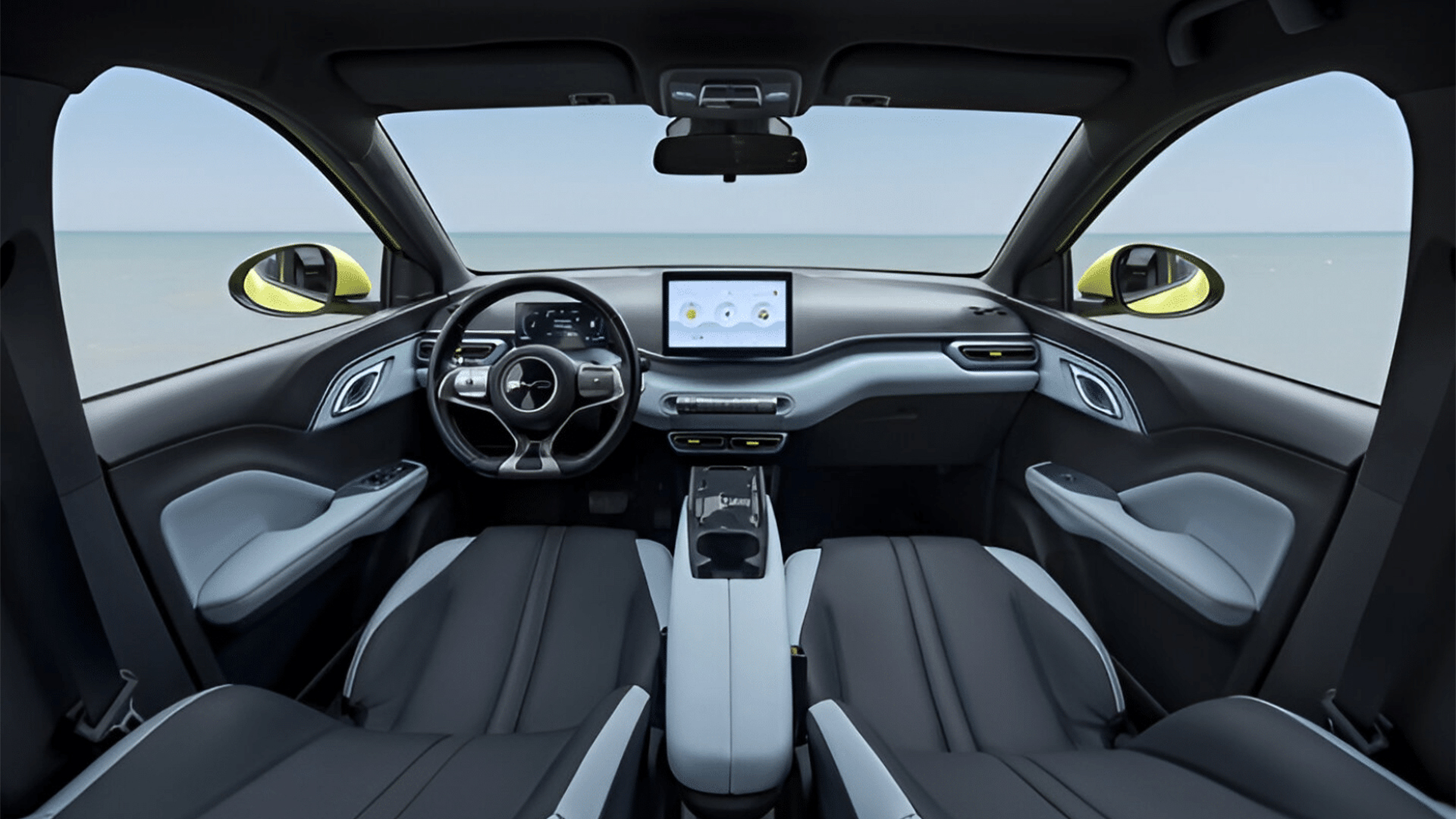
While de Meo is opting for a collaborative and openly competitive approach, the Biden administration in the US is being more aggressive. The President opened a Commerce Department investigation that will look into the potential security threat posed by an influx of Chinese cars sporting constantly connected Chinese software.
Biden is yet to take any direct action against Chinese imports but administration officials have made it clear that they are investigating and preparing a wide range of policy responses in order to stem the flow of Chinese imports and protect its domestic carmaking industry.
However, BYD has previously gone on record saying that it has no plans to launch its cut-price passenger cars in the US market right now, despite already having a presence in North America with a facility that produces buses.
BYD Americas CEO Stella Li told Yahoo Finance that the US was "an interesting market, but it's very complicated if you're talking about EVs". Although reports suggest that BYD is eyeing up a manufacturing plant in Mexico, which would boost its share of the local market and theoretically make it easier to export to the USA.
Are the luxury automakers in trouble too?
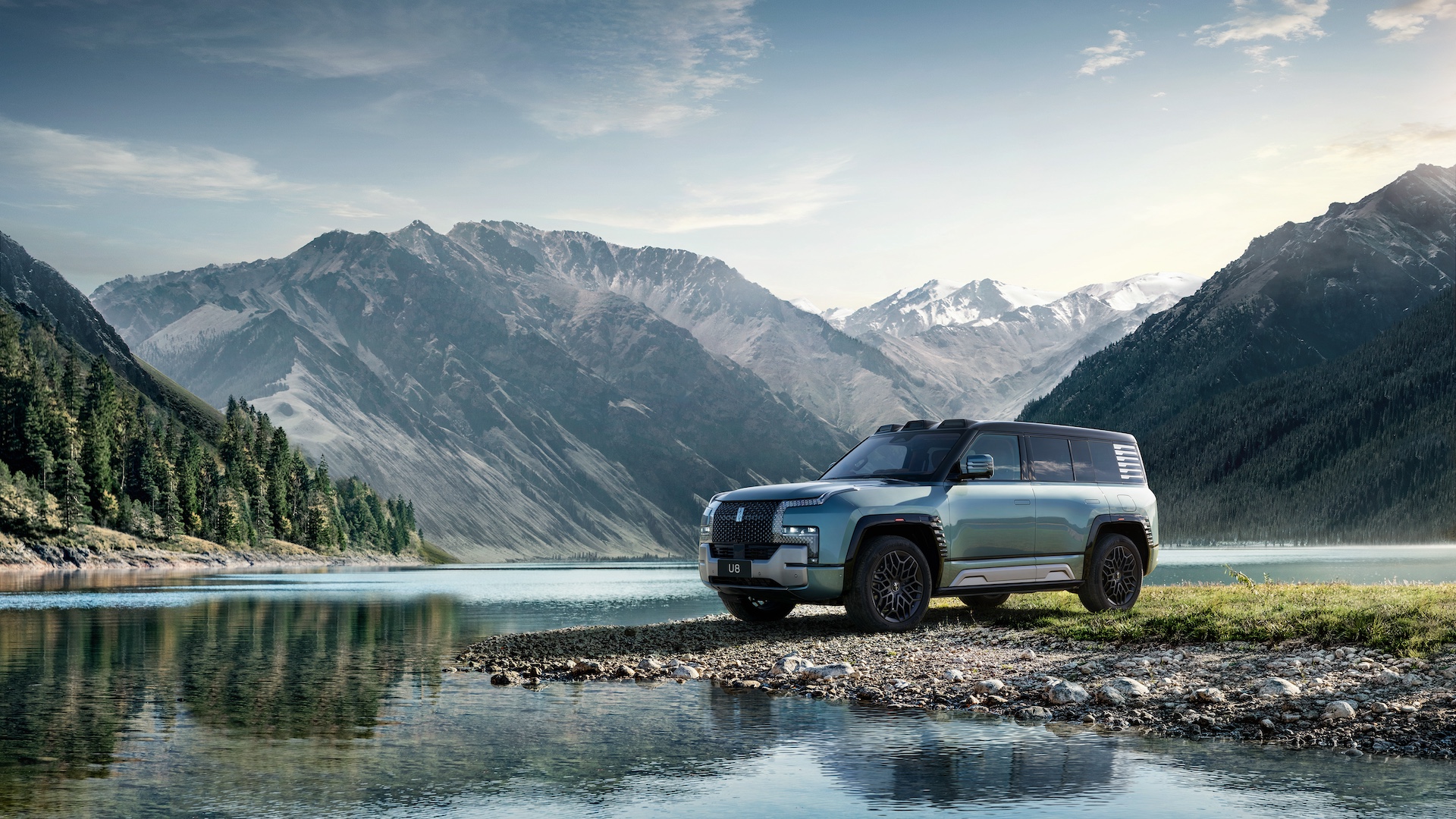
Premium marques, such as BMW, Maserati, Mercedes-Benz, Porsche, Bentley, Rolls-Royce and more recently Tesla, have proved popular in China, as Western luxury brands have been viewed as a status symbol for the rich and famous.
However, reports suggest that Gen Z customers are driving sales of luxury cars in China and this customer set, which has an average age of just 29, brings its own unique set of challenges. Digital natives with a penchant for personalization and electrification, China's young and affluent want ever-more software, computing power and digital entertainment within their vehicles.
What’s more, the car buying public in its domestic market is generally turning towards pure electric vehicles and most of those aforementioned luxury carmakers currently offer a very limited number of plug-in models.
This has sparked a reaction from China's own carmakers, with the likes of Yanwang, Nio, HiPhi and XPeng all producing high-end electric vehicles that are hoping to compete with the most desirable badges from the West, with a raft of innovative features and luxurious, infinitely customizable interiors.
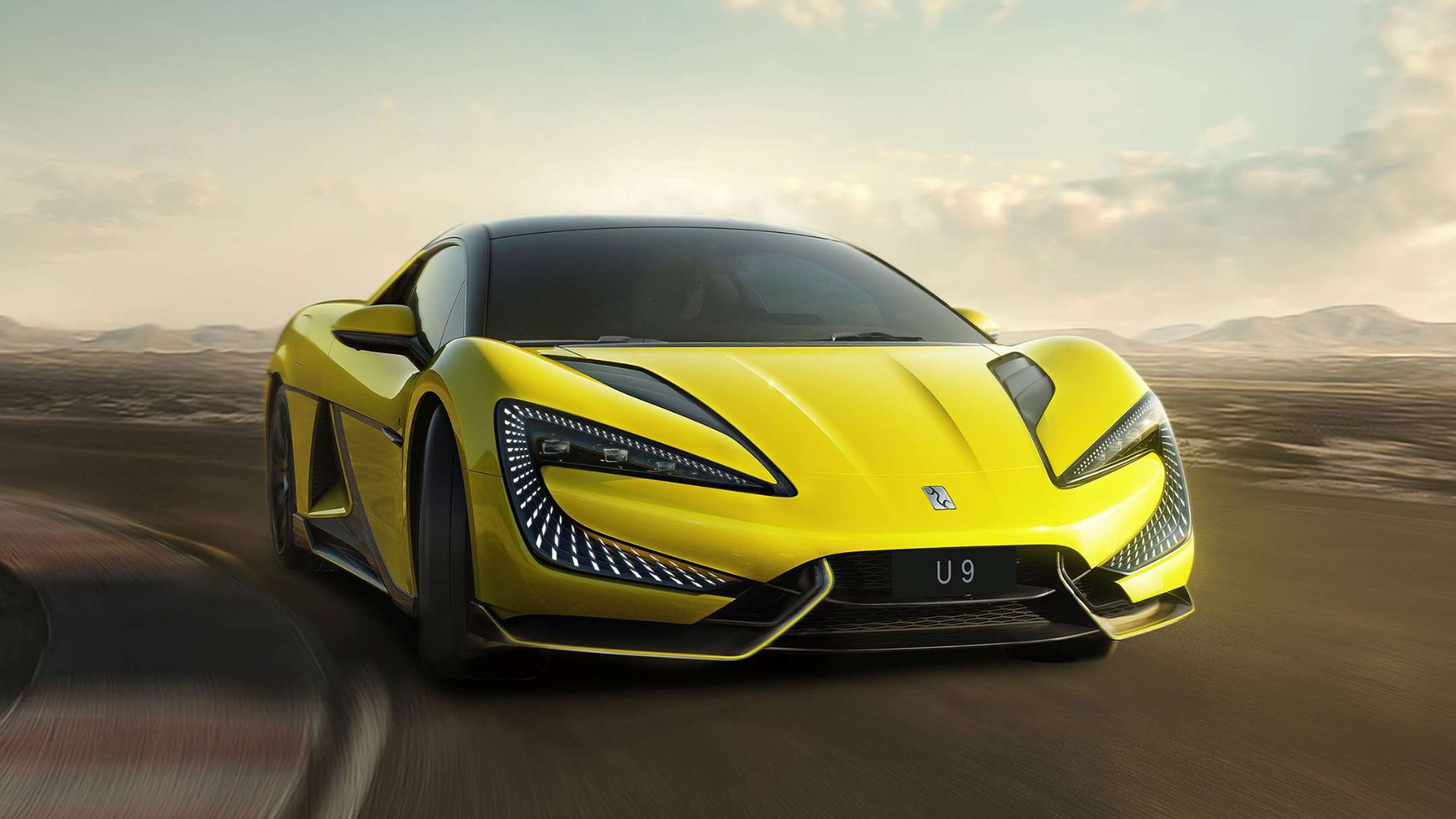
Western luxury automakers are increasingly having to change tack in order to keep up with Gen Z demands, such as pivoting towards a 'digital first' approach, creating exclusive partnerships with mobile gaming companies and offering a level of personalization and specification that isn’t even available to Western buyers.
While companies like Rolls-Royce or Bentley have been offering a uniquely tailored service for years, other features like software, digital customer service, cutting edge in-car entertainment and synching with an owner's online ecosystem don't immediately spring to mind.
However, these ultra-luxury brands can likely play on their brand cache to a much greater degree than, say, Volkswagen or Ford can. Still, it won’t be long before Yangwang’s jumping, tank-turning and extremely powerful U9 model catches the eye of China's profligate population.







